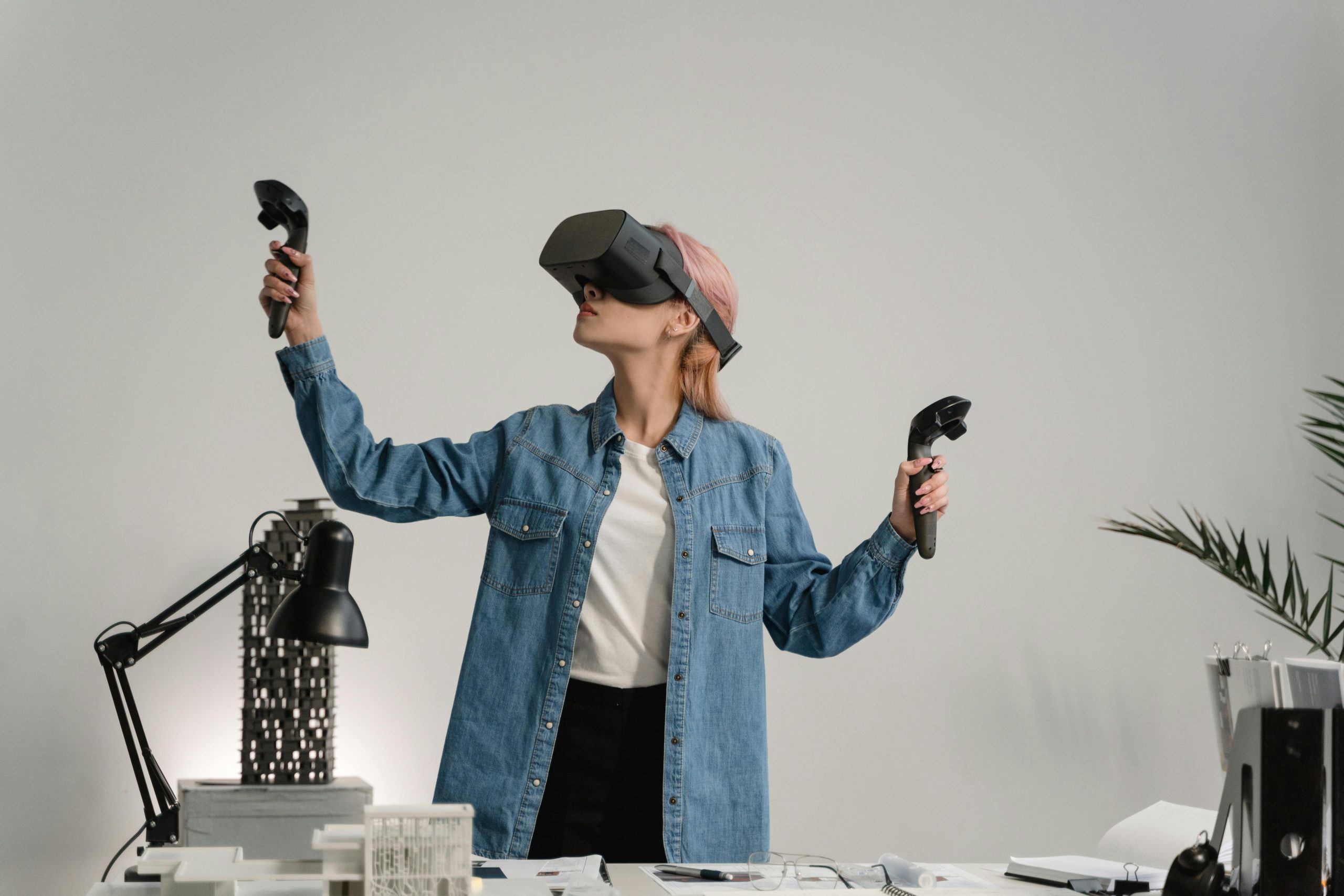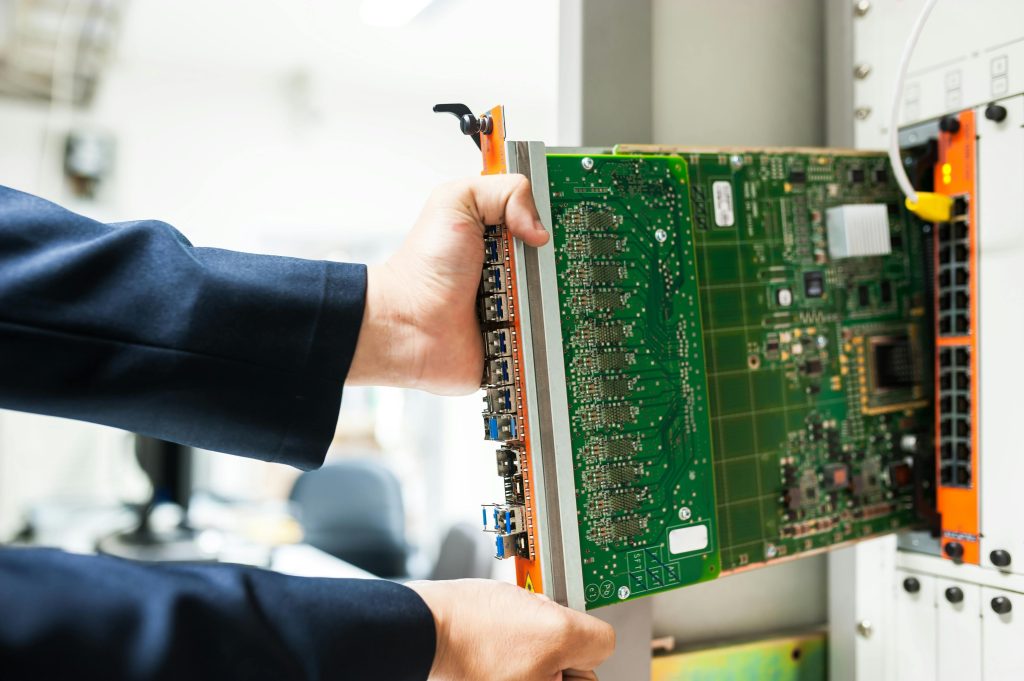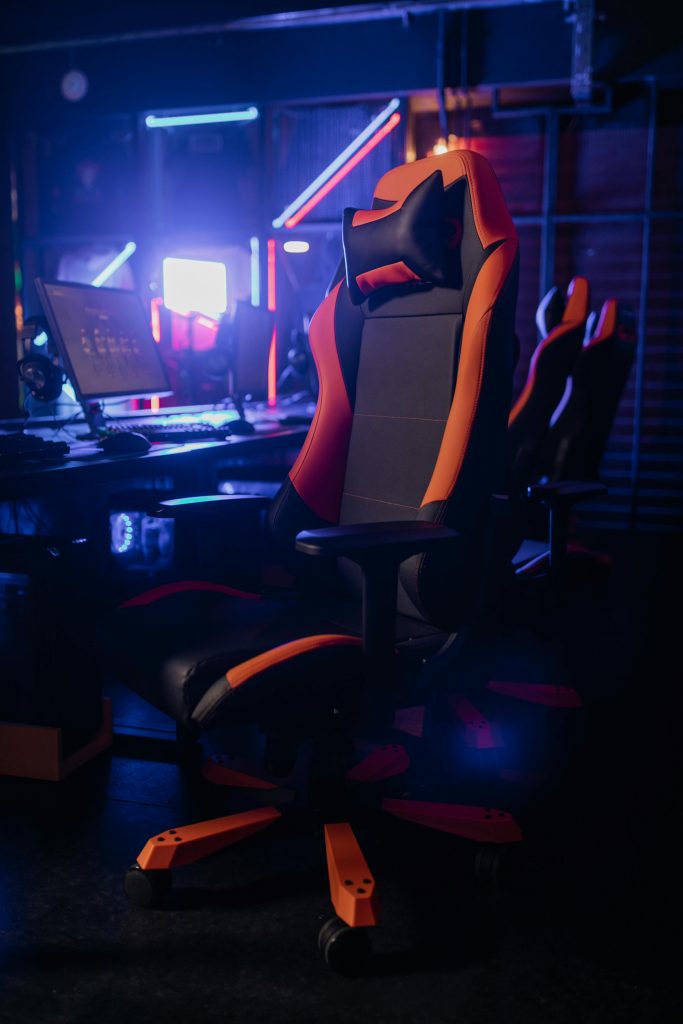Troubleshooting a Nintendo Switch Controller that Won’t Connect or Remove from Your Gaming PC
Many gamers rely on controllers for a seamless gaming experience, and Nintendo Switch controllers have become popular due to their versatility and comfort. However, encountering connection issues or difficulties removing a device can be frustrating. In this article, we will explore common causes for connection problems and provide step-by-step troubleshooting methods to resolve issues when your controller stops connecting or refuses to be removed from your Windows gaming PC.
Understanding the Issue
Imagine this scenario: you have been happily using a Nintendo Switch controller connected to your prebuilt gaming PC via a USB-C cable. Suddenly, the controller stops pairing with your PC. It appears in the “Bluetooth & Devices” settings, yet attempts to remove or reconnect it fail. Despite efforts to troubleshoot based on online guides, the problem persists.
Common Causes
- Driver or device conflicts: Corrupted or outdated drivers can cause devices to misbehave.
- Stale device entries: Residual device information may prevent proper re-pairing or removal.
- Software glitches: Windows or device-specific issues might impede standard removal procedures.
- Hardware issues: Problems with the USB port, cable, or controller hardware.
Step-by-Step Troubleshooting
1. Basic Checks
- Ensure your controller is fully charged or properly powered.
- Test the USB-C cable with another device to rule out hardware issues.
- Try connecting the controller to a different USB port.
2. Remove the Device via Windows Settings
- Navigate to Settings > Devices > Bluetooth & Devices.
- Locate your Nintendo Switch controller in the list.
- Select the device and click Remove or Forget.
- If the device does not remove, proceed to further troubleshooting.
3. Use Device Manager for Manual Removal
- Press Win + X and select Device Manager.
- Locate the controller under sections like Bluetooth, Human Interface Devices, Universal Serial Bus controllers, or Other Devices.
- Right-click the device and select Uninstall device.
- Check Delete the driver software for this device if available.
- Restart your PC to allow Windows to reconfigure hardware.
4. Clear Residual Device Data
Sometimes, device remnants remain even after uninstallation, preventing re-pairing or clean removal.
- Use Device Cleanup Tools or **Microsoft’s Dev
Share this content:



